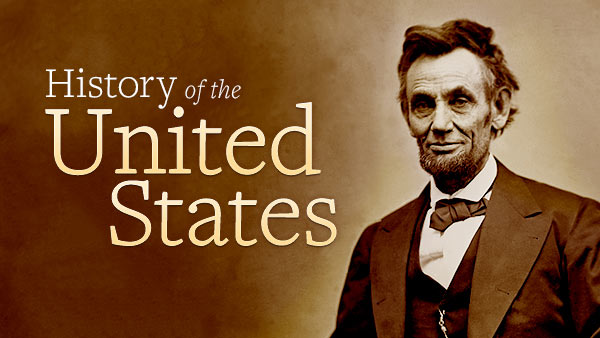La asignatura pretende ofrecer al estudiante una
panorámica sobre las familias de lenguas existentes en el mundo, con particular
énfasis en la indo-europea, a la que pertenecen el español, el inglés, el
francés, el ruso y otras lenguas muy difundidas por todo el universo. De igual
manera, serán objeto de estudio los tres periodos en que se divide la historia
de la lengua inglesa: el inglés antiguo, el inglés medieval y el inglés moderno,
en los que se analizarán los aspectos fonológicos, sintácticos y léxicos
característicos de cada período de la evolución de la lengua inglesa. También los estudiantes recibirán información sobre las variantes estadounidense, canadiense y australiana en contraste con la británica.
This course presents an insightful narrative of the History of the USA fron the 17th century to the present days. Prospective teachers will deepen into the living designs of Native Americans, the meeting of the two Worlds and a series of historical events that shaped the superpower the USA is. 
Profesora: Marisela Alfaro Tamayo
This course comprises different practical tasks combined with some theoretical elements to contribute to foster students' professional growth. The selected topics are basically related with the students' social,cultural,academic and professional activity propitiating an effective interdisciplinary integration. Thus,they are intended to influence on the development of the teaching_learning process and to enhance students' motivation towards their future profession.
It is an optative course that belongs to the
discipline History of the Culture of English Speaking Countries. It contributes
to the students’ integral formation, as it comprises some contents which main
issues involve culture, cultural diversity, identity, intercultural
communication within the teaching learning process. In this sense, the course
improves the student´s cognitive, socio-linguistic and didactic knowledge.
The program is based on the communicative approach. It contributes to the development of the communicative competence of English language students, using expression, interpretation and negotiation of meanings in the interaction between them and an oral text. It also contributes to the scientific formation of the world in students taking as starting point the language as social phenomenon and the relation between thought-language-culture. The objectives are:
-To build clear and detailed oral texts about different topics related to daily, academic, occupational, research, sociopolitical and cultural activities with coherence and linguistic correction (lexical, grammatical and phonological).
-To discuss different points of view.
-To make presentations about topics oriented by the professor, related to the future profession and others linked to the scientific work developed.
The subject is intended to give students all the tools, means and strategies on how to present an oral exposition successfully, by giving them the techniques and organization ways to perform in front of an audience.
L’enseignement/apprentissage du Français dans la
formation des formateurs à l ´Université a pour objectif que les futurs professeurs
puissent acquérir des compétences de communication à un niveau intermédiaire
qui leur permettent diriger le processus
d´enseignement de cette langue aux différents niveaux de l ´éducation cubaine et encourager sa connaissance à Cuba.
Gesture language , body language or nonverbal language is an important part of human communication. It's an essential area of scientif research of Sociolinguistics. Foreign language teaching should pay close attention to this issue since cultural shock may arise and develop misscommunication. Many authors state that nonverbal language is 70% of what we Say, while verbal language is justo 30%•
Thus, there are different types of nonverbal communication that are necessary to know and teachers- to - be should get acquainted as to incorpórate them in their future classes, since language mirrors society and its culture. We are sure, you Will enjoy this subject, which is accompanied by videos, pictures and audios, as well as study guides.